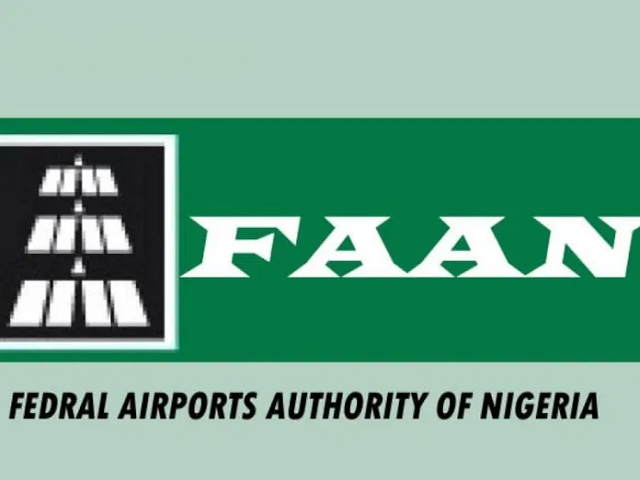Dr. Bosun Tijani, Nigeria’s Minister of Communications, Innovation, and Digital Economy, states that the planned increase in telecommunications tariffs should not surpass 60%, far below the 100% hike proposed by telecom operators.
During a recent appearance on Channels TV, Tijani explains that while telecom operators argue that a 100% increase is essential for business sustainability, the government deems such a raise impractical. He suggests that the Nigerian Communications Commission (NCC) may approve a tariff increase in the range of 30% to 60%.
Tijani acknowledges the financial pressures faced by telecom operators but emphasizes the government’s efforts to support the long-term sustainability of the industry. He mentions initiatives aimed at increasing local content within the sector and reducing reliance on imported materials, which would help reduce foreign exchange costs.
Additionally, the government has designated all telecom infrastructure as critical national infrastructure. This move is intended to address issues related to vandalism, which impacts service quality and leads to high repair costs for operators. By protecting telecom infrastructure, the government aims to ensure more reliable services and safeguard operator investments.
Tijani also discusses ongoing tax reforms designed to harmonize the various taxes telecom operators face, ultimately creating a more supportive environment for their operations.
The government is investing in telecom infrastructure to ease the financial burden on operators. Tijani points to ongoing projects such as the rollout of 90,000 kilometers of fiber optic cables and the construction of telecom towers in rural, hard-to-reach areas. These investments will improve service coverage and allow operators to expand their customer base without incurring significant additional costs.
Telecom industry leaders, including MTN Nigeria’s CEO Karl Toriola, share concerns about the sustainability of the sector. Toriola calls for a tariff review, pointing out that inflation, foreign exchange fluctuations, and rising energy costs are significantly increasing operational expenses. He highlights that diesel prices have surged from N230 per liter before the COVID-19 pandemic to over N1,000 per liter. Meanwhile, the official exchange rate has jumped from N424.50 to N1,550 by the end of 2024, raising the cost of importing telecom infrastructure, such as base stations, which now cost nearly four times more than they did two years ago.













